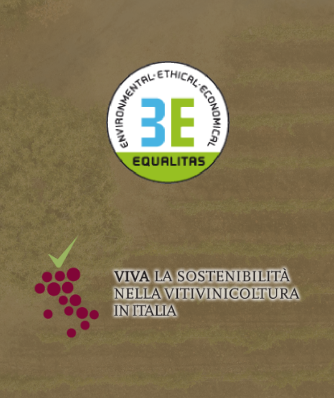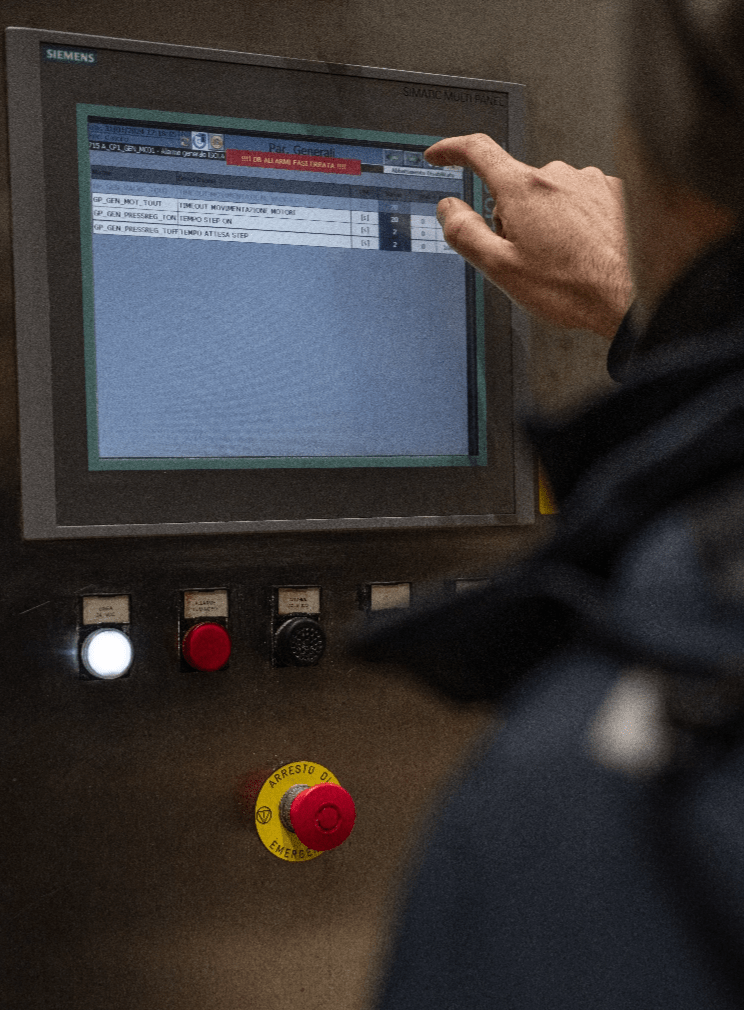Corvo
sustainability
A pact with nature

CORVO
SUSTAINABILITY
At Corvo, sustainability is not just something we value – we believe in it.
Sustainability is the belief that every day, through our own efforts, we can have a positive impact on the environmental and social ecosystem around us.
Corvo’s sustainability is based on three pillars:
Economic sustainability
One of the company’s key objectives is to generate sustainable growth in terms of economic and income indicators for the livelihoods of its employees and grape suppliers.
The reduction of waste, the optimization of industrial processes and the punctual control of the use of energy resources allow the company to make the best use of its potential, positively impacting not only the economic but also the environmental aspect.
Corvo is a company that today is synonymous with stability, reliability and a point of reference for all business partners.
Environmental sustainability
Through its Pact with Nature, Corvo is committed to pursuing sustainable practices that respect and safeguard the ecosystem with which it operates and in which it has its roots.
The quality of Corvo products comes from the extreme attention and care that agronomists and technicians put into every production step.
Business processes are constantly monitored and optimized, in order to reduce waste and consumption of non-renewable energy.
Social sustainability
Corvo lives in every worker who is part of the company, directly or indirectly.
Since 1824, the baton of ethic has been passed from generation to generation, keeping as a cornerstone of its mission the always high and essential quality of Corvo products.
Today Corvo finds itself in all the professionalism that make up the company organization chart, with great attention to their health, their safety at work and the company benefits available to the employee have been extended to the entire family unit.
Corvo is the first company in Sicily to have obtained both VIVA and Equalitas certifications.


We chose the Equalitas standard not only to show just how dedicated we are to pursuing sustainable practices, but also to be able to communicate and share information promptly, transparently and reliably with consumers.
The V.I.V.A. (Sustainability in the Italian wine sector) Certification obtained by our organisation evaluates the environmental sustainability and impact of our activities on our local area, in terms of protecting biodiversity, as well as safeguarding and enhancing the landscape, and for the community, in terms of social and economic impacts. The reason we chose VIVA is that it constantly sets improvement targets to be achieved, which are established and monitored by the Italian Ministry of the Environment and Energy Security.
This means that we are now able to measure and improve our performance, creating a virtuous circle that brings numerous benefits to everyone.

Automated quality systems

Investing to innovate and ensure quality control.
Substantial investments have been made in automation and quality of work. All the production processes, from the arrival of the grapes in the winery to the storage of the finished product, are now subjected to advanced computer supervision, thus ensuring total product traceability. All the oenological phases are automated and monitored by a state-of-the-art information system, a kind of highly detailed oenologist’s diary. The same applies to the systems for sanitising plant equipment, ensuring ‘clean’ winemaking processes and perfect sterilisation of vats and tanks after each process. Even the cooling system and the maintenance of the right temperature are guaranteed throughout the winemaking process by electronic systems, as is the correct functioning of the tanks and the bottling system. The use of these technologies allows us to minimise production anomalies, to protect the consumer, and to offer the authentic expression of each territory.
- The company recovers 99.9% of waste materials (plastic, paper and cardboard, and glass). Moreover, the sludge produced by the water purification plant and pruning waste are entirely reused to produce compost.
- The use of LED lamps in some of the company’s premises has resulted in a 72% reduction in electricity consumption.
- By developing special software to monitor the company’s consumption, it was possible to measure the use of resources in a targeted manner and to intervene promptly to cut down on electricity consumption.
- A photovoltaic system consisting of 1,100 panels, with a nominal output of 335 kWh, was installed on the roof of the Aspra winery. By 2023, the production of renewable energy through photovoltaic panels covered around two-fifths of the company’s total electricity needs.
- The water recovery system for washing water from the plants and tanks has enabled us to reduce water consumption by around 30%.